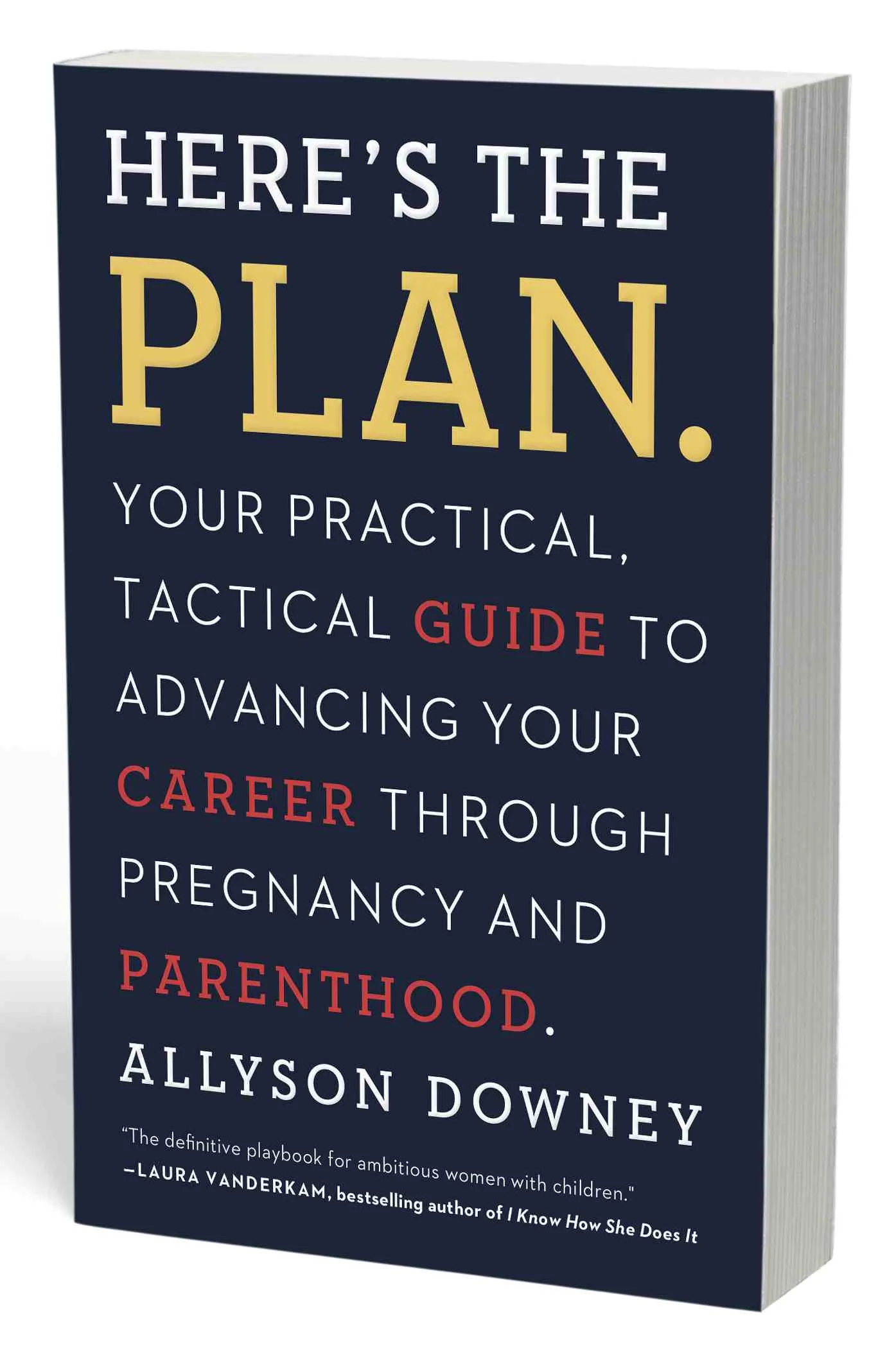Interviewing a Nanny
A nanny interview is as much about your interactions together as it is an opportunity to get answers to the questions that you have. In many cases, it comes down to what Jennifer Carlson, a literary agent, called “small but telling actions.” She remembers specifically that the caregiver they hired washed her hands as soon as she came into their house. For one mother, it came down to how unfazed the nanny was at their warning that the baby might throw up all over her. “All the other nannies we interviewed had some mixture of reserve and formality,” she explained. “It was such a breath of fresh air that our nanny was clearly just delighting in interacting with our baby from the get-go and unconcerned about getting into the muck of it.” On the other end of the spectrum, one mother told me about a candidate who boasted about her childcare experience during the phone screen, but when she was handed the baby in the interview, passed her right back within two minutes. “She had no idea what to do with a fussy baby,” the mother said.
Also, and this is very important: when you’re interviewing nannies or babysitters, you aren’t looking to make one hire. Your goal should be to find five candidates that you would feel comfortable and confident leaving your child with. It isn’t a question of if you’ll need back-up care, it is when you’ll need back-up care, and having a stable of a half-dozen alternates to call on last minute is critical to your ability to keep doing your job – and doing it well. When I find someone I like, I enter her into my phone and store “babysitter” in the title field, which allows me to search my contacts and get a list of people I can call or text (rather than having to wrack my brain for ideas of who can cover).
When interviewing a nanny candidate (or anyone, really), I always like to start with “Tell me about yourself!” which will often uncover answers to a lot of the questions you’ll have about her experience and her personal background. Also, just as the job description is a chance to showcase why someone would want to work with your family, the interview process gives you an opportunity to show a nanny candidate that she’d be valued and respected in your household.
There’s a comprehensive list of questions here, but generally, there are three categories of questions you’ll want to ask:
Experience Questions
This is a chance to learn more about the nanny’s personal and professional background: how much time she’s spent with children, what her previous childcare jobs have been like, and what motivates her.
Examples:
- Tell me about some of the families you’ve worked with. What was your relationship like with the parents?
- What is most challenging about caring for children?
- What types of activities do you like to do with children?
What to listen for: Her tone here is almost as important as what she’s actually saying; when she’s talking about other children she’s worked with, does she light up? You’ll likely hear that she became a nanny because she loves working with children, but try and get her to talk about why she likes working with children.
Logistical Questions
These questions will help uncover if a candidate is a fit for your lifestyle – as well as whether this job fits in with her life. For instance, if she has young or school-age children, will that limit her ability to come early or stay late?
Examples:
- How long does it take you to get from your home to our home? (Someone with a painfully long commute may not stay in the job long.)
- Are you willing to travel with us?
- If I have a morning meeting, what’s the earliest you could arrive?
What to listen for: A lot of logistical questions have an obvious right answer, and someone who is eager for a job will probably give you the answer you want to hear. Dig deeper: find out if she’s previously done overnights, for instance.
Situational Questions
These follow the general formula of “If ________ happened, what would you do?” You can preface them by saying, “I’d like to get specific about how you’d handle some challenging situations.”
Examples:
- What would you do if the baby won’t stop crying?
- What would you do if the doorbell rang while you were giving the baby a bath?
- If you disagreed with something I was doing as a new parent or felt there was something you could teach me, how would you approach it?
What you’re listening for: You want to hear that she’ll be stay calm under pressure, has common sense, and has some broader philosophical alignment with your values. For instance, questions about how she’d handle a playground scuffle will help you get a sense of how she thinks about discipline, and a question about how she’d approach you with concerns will help you get a sense for her communication style.
We also regularly conduct “working interviews,” wherein we’ll hire someone to come in for a day or half-day when we’ll be at home but working remotely or otherwise just around the house. You can do these during maternity leave to give yourself a respite, or conduct them on days that your regular childcare isn’t available. If our nanny called in sick, we’d mine the online listings to find someone who could come over immediately, and then we’d hand off the baby and stick around for any issues or problems. About half the time, I liked the sitter enough to hire her again.
You'll find more about finding the right childcare in Here's the Plan, the pregnancy and parenting guide for your professional life.

